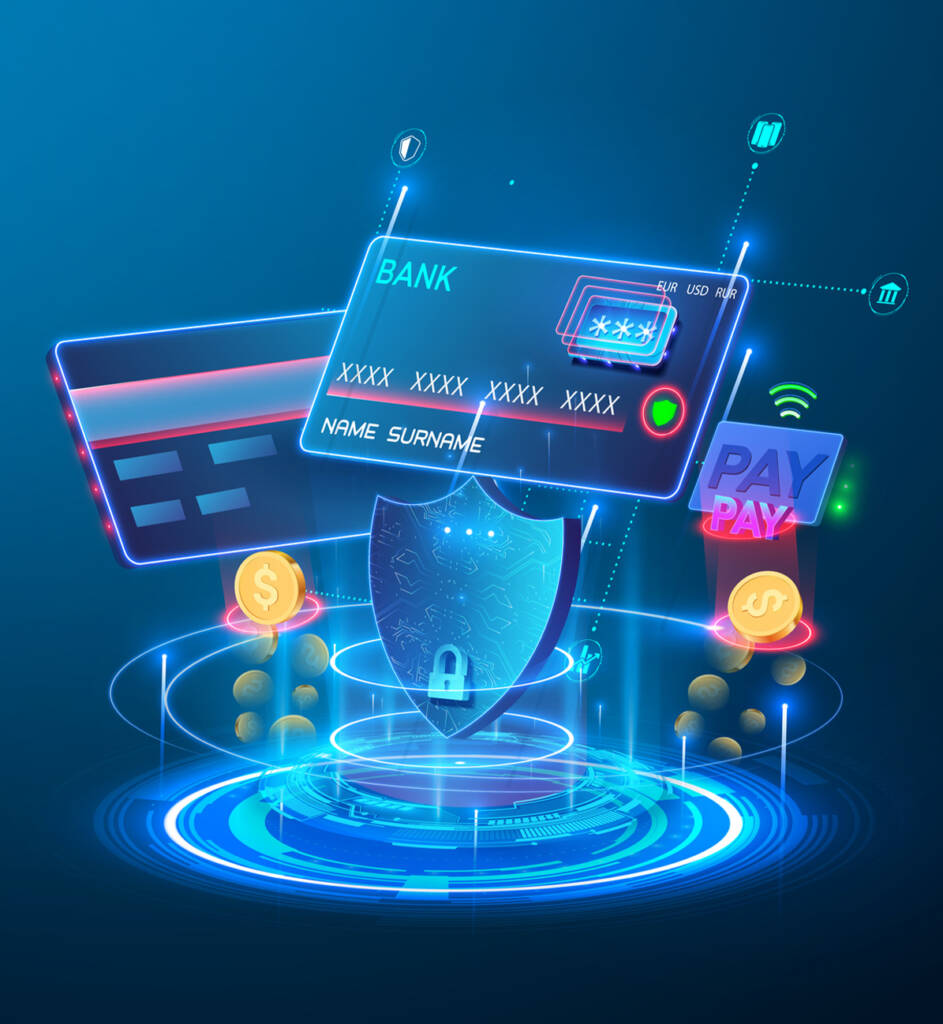
How to navigate NACHA’s 2026 Fraud Mandate
By strengthening protection, banks and their customers can stay a step ahead of fraud.

The real truth about merchant real-time payments
RTP represents the future of payments, even though it is sometimes difficult to see beyond the current dominance of card-based payments.

AI, bots, and the battle for trust: What merchants must rethink about fraud
AI and bots are transforming fraud, pushing merchants to update prevention strategies and improve internal coordination.

Unlocking the power of PAR
Leveraging payment account reference numbers to overcome common merchant challenges.

Bill pay isn’t what it used to be, and that’s a good thing
This transition didn’t happen overnight. It took years of innovation and careful integration to transform outdated payment systems into the modern, scalable, secure, and resilient platforms we use today.

The future of payments: Unlocking the power of payments orchestration
On this page Payments orchestration optimizes multiple payment processing providers and methods using a single, unified platform. Think of it as the conductor of an orchestra, ensuring each instrument plays its part harmoniously. This approach not only simplifies payment processing but also enhances overall efficiency and effectiveness.

Leadership in an era of transformation
Navigate the future of payments with insights on today’s barriers, leadership strategies, and ecosystem shifts.

How to use AI to stay ahead of fraud during peak seasons
High-volume transaction periods are critical to revenue but open the door to criminals. See how artificial intelligence slams that door shut to provide protection when you need it the most.

Powering the world’s payments ecosystem with a best-in-class payments orchestration platform
Analyst firm Datos Insights recently released their Datos Matrix: Payment Orchestration Vendor Evaluation comparing payments orchestration vendors and named ACI’s merchant payments orchestration platform “Best in Class.” The main scoring categories Datos used to analyze payment vendors were provider stability, client strength, client service, product features, and functionality.

Pay with my hand? No way!
While I was watching the news, a story came on about a new technology coming to the local Whole Foods where you could pay with your palm.

Need a refreshing spike in summer sales? Follow Amazon’s lead
Traditionally, the summer is a slower time for retail, with sales in the U.S. typically centered around key holidays like Memorial Day, the Fourth of July and Labor Day. In the summer of 2015, Amazon changed everything when it introduced Amazon Prime Day, its own all-purpose summer shopping holiday exclusively for Amazon Prime members. This helped the marketplace giant in two ways: it increased sales during a lull, and it provided an additional incentive to become an Amazon Prime member.

Navigating merchant payments with industry experts
Payments orchestration is a game-changing strategy that centralizes payment flows across multiple providers and systems, but not all solutions are built the same. As the global economy becomes increasingly digital, organizations face a significant shift in payment processing and management.

The Strategic Pivot: Why Smart Merchant Acquirers Are Turning to Payment Orchestration
As competition intensifies and merchants move to multi-acquirer models, traditional acquirers must up their game with end-to-end solutions that offer greater choice, reach, and capability.



